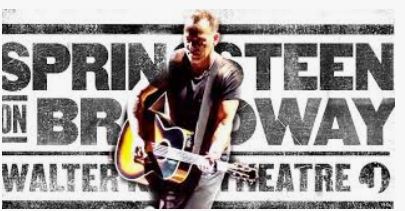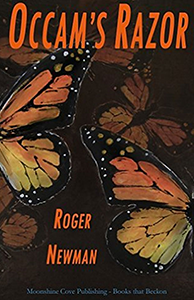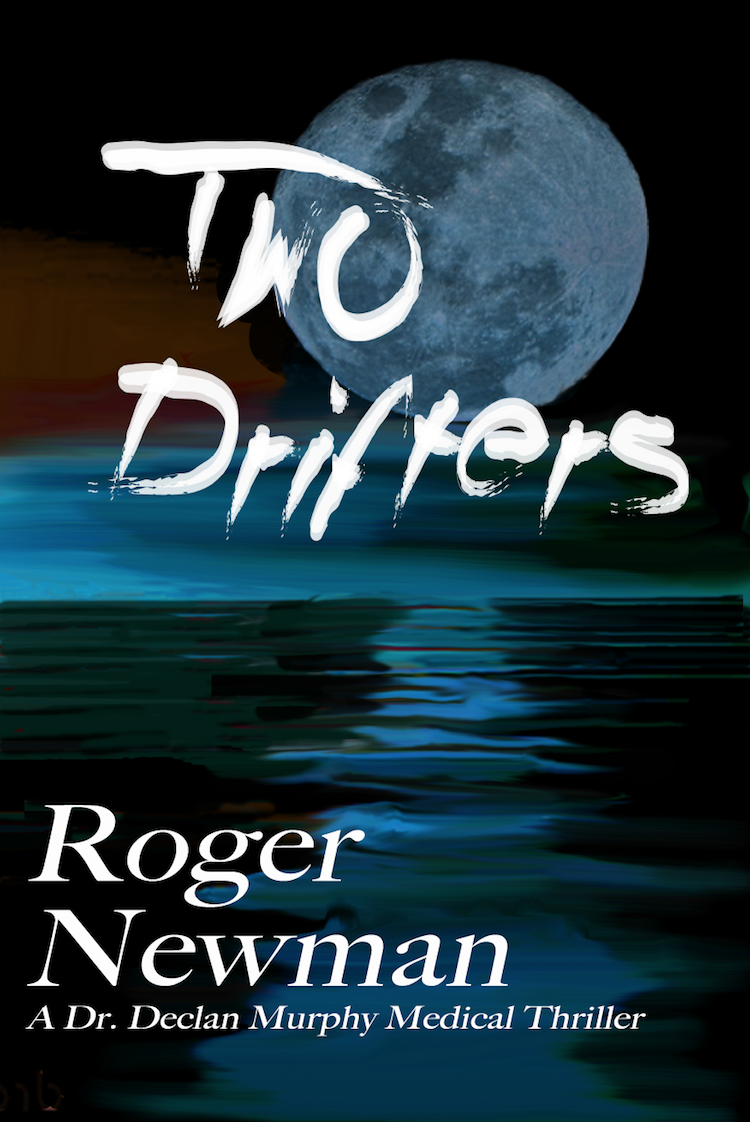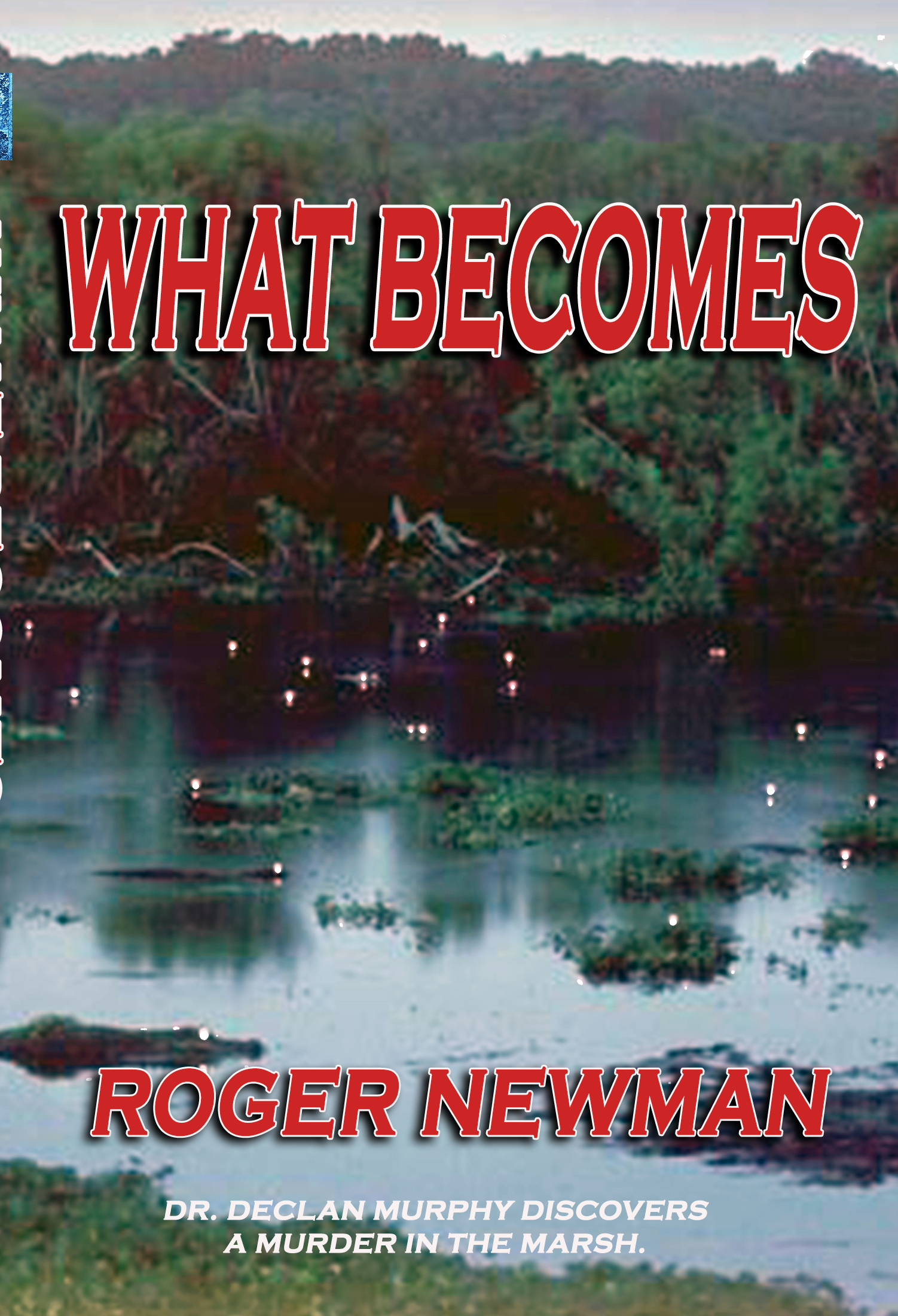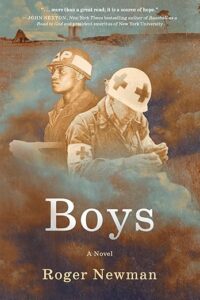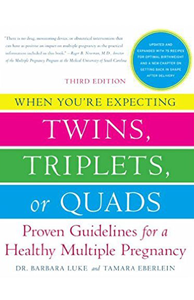I’ve struggled with how to convince my family, friends, colleagues and acquaintances to watch Netflix’s new release, “Springsteen on Broadway.” Some just write off my suggestion as another sign of my Springsteen obsession. Other just figure that Springsteen, who was proclaimed “the future of rock and roll” in the mid-1970s is just another over-the-hill rocker trying to milk a few more dollars out of old songs and nostalgic fans. Other have outgrown their adolescent anger or have lost their interest in fast cars, fast women or workingman struggles.
Some, and these are the ones I really worry about, just never liked the Boss and the E-Street Band. To me, inconceivable. A noted music critic once said, “There are only two types of rock and roll fans. Those who love Bruce Springsteen and those who’ve never seen him perform live.”
Still, Springsteen fanatics like myself suffer from an inexplicable compulsion to share their Springsteen experience. So, let me tell you why you should dial up “Springsteen on Broadway” this weekend – or at least after the Clemson – Alabama game is over. Bruce will help you achieve your New Year’s Resolutions.
All New Year’s Resolutions are essentially the same. We all want to be better in some fundamental way. Better fathers, better husbands or wives, better sons or daughters, a better friend or member of the community, more humble, more introspective, more Christ-like, more giving, more understanding, more forgiving, more charitable, sometimes a better worker, and always to lose some weight.
The basic message of “Springsteen on Broadway” is that to make fundamental changes for the future, you must understand your past. The Danish philosopher Kierkegaard opined, “Life can only be understood backwards, but must be lived forward.” New Year’s Day is the one day per year that encourages transformational thinking, Springsteen argues that you must first explore your shadow world of past successes, failures, pleasures and heartbreak. The ghosts that inhabit your soul must be honestly, critically and, sometimes, painfully reassessed before you’ll be able to imagine a fresh and better beginning to 2019.
“Springsteen on Broadway” is as far from a concert video as you can be. It is an intimate conversation and emotional exorcism. It was a multiply extended, triumphant 14-month run that set ticket sales records for Broadway. The show assumes that both you and Bruce already know who he is: a rock icon, a national treasure and a still undeniable force of nature. Springsteen’s concern is how did he get here, and, more importantly, where is he going.
Bruce calls his career a “magic trick.” The “Born to Run” guy still lives 10 minutes from where he was born. The “Thunder Road” and “Racing in the Streets” guy who “found the keys to the universe in the engine of an old parked car” didn’t have a driver’s license. The workingman hero of “Promised Land” and “Factory” had never set foot on a factory floor. Early in the show, Springsteen admits, “I’ve never held an honest job in my entire life. I’ve never done any hard labor. I’ve never worked nine to five. I’ve never worked five days a week.” A surprisingly funny and profane Springsteen then adds, “Until right now, and I don’t care for it.”
So how did it all happen? In the narrative of the show, Bruce describes his childhood in vivid and lustrous detail. He grew up in the small, middle-class, working-class town of Freehold, N.J. in the shadow of the Catholic church which dominated every aspect of the tightly knit Springsteen family’s life. Like Pat Conroy at his best, Bruce makes you see, hear, smell and feel the town that raised him and sheltered him in the high branches of the majestic tree that stood on the edge of their yard. He shares the love he has for his mother who put the first guitar in his hands and his pride in the honor of her labor.
Much of his monologue centers on his father. A remote, itinerant blue-collar man who drank too much and was a menacing presence in the Springsteen house for all of Bruce’s life. A man Bruce emulated but who never gave Bruce the love, acceptance or encouragement that a boy or young man needs from his father. That emptiness was the fuel that powered both his career and legendarily energetic and endless live performances as Springsteen strove to gain his father’s respect and affection from the concert stage. Also, only in retrospect, did Springsteen realize that much of his father’s distance, ire and heavy alcohol use was the result of untreated mental health issues. A depression that the Boss has also had to battle during his adult life to remain productive and relevant.
Springsteen describes the critical importance of friendship in a long remembrance of the Big Man, saxophonist Clarence Clemons. Having wanted to be the Big Man for my entire adult life, this section of the show was an emotional highlight for me, punctuated by a version of “10th Avenue Freeze-Out” played on piano. It is vital that we all treasure our true friendships for as long as we can. The Big Man will never be forgotten and Clarence’s sax solo on “Jungleland” is one of the most emotionally powerful riffs in the history of rock and roll.
Bruce reminds us of the importance of finding the right partner to share your life. He is joined on stage by his wife, Patti Scailfa, for a duet on “Tougher Than the Rest”, a song much more important for the fact that are signing it together rather than for its content.
Maybe,most poignantly, he talks about his children and the battle he wages between genetics and self-determination. Bruce realizes that he’ll never be able to outrun his own DNA, but accepts the challenge to free his children “from the chain of our sins, my father’s and mine, that they may be able to make their own decisions and to live their own lives.” He wants his children’s shadow world to be inhabited by “ancestors” and not by “ghosts.” In understanding these familial risks, Springsteen demonstrates the power of self-awareness to alter the future.
Springsteen, being who he is, also addresses the importance of community and the American spirit. Whether or not you agree with his politics, most have to respect his social activism which he embraces despite the risk to his popularity and career. Not mentioned in the show is his classic “41 Shots” – a tremendously powerful statement about police violence against minorities which was written long before the “Black Lives Matter” movement. What is part of the show is a slow acoustic version of “Born in the USA” which allows people to really hear the lyrics and understand its power as an anti-war statement. The song makes no judgement about the Viet Nam War. Instead, it reminds us of the human cost of war that can never be recovered or compensated. The song is accompanied by a moving tribute to two friends; one a former beach band role model and the other an early band mate from the Jersey shore music scene that never came home.
Excepting the most self-centered and cynical, I think we all know that its right and just for those with more to reach out and offer a hand to those with less. Bruce helps us call forth our better angels. He reminds us of what America represents and our responsibilities as Americans. Personally, I believe that Bruce Springsteen is one of the greatest and most honest observers of working-class America, standing in line with John Steinbeck, Woody Guthrie and Hunter S. Thompson. There is a beautiful and powerful poetry in Springsteen’s lyrics that are as much a part of his mythology as his charisma as a performer. Lyrics that are better appreciated in the softer, acoustic versions of “Springsteen on Broadway” than they are in concert.
My belief is that by watching “Springsteen on Broadway” you will be better able to consider those things in your past that shape your present. A greater self-awareness that helps me know what I need to do to fundamentally change and improve my life. I’ll make better New Year’s Resolutions and be better prepared to achieve them. Maybe, I’ll even lose a few pounds.
My video selection was inspired by the show. Bruce talks about how his band exploded as a result of his friendship with the Big Man, Clarence Clemons. I selected a late 1970s version of “10th Avenue Freeze-Out” so you could appreciate the excitement and chemistry of their partnership on stage. It is a show stopper both figuratively and literally.

